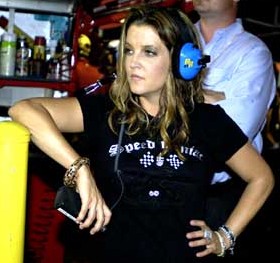A Quote by Joyce Carol Oates
Great art is cathartic; it is always moral.
Related Quotes
The great moral question of the twenty-first century is this: if all knowledge, all culture, all art, all useful information can be costlessly given to everyone at the same price that it is given to anyone; if everyone can have everything, anywhere, all the time, why is it ever moral to exclude anyone?
Art is not and never has been subordinate to moral values. Moral values are social values; aesthetic values are human values. Morality seeks to restrain the feelings; art seeks to define them by externalizing them, by giving them significant form. Morality has only one aim - the ideal good; art has quite another aim - the objective truth... art never changes.






































